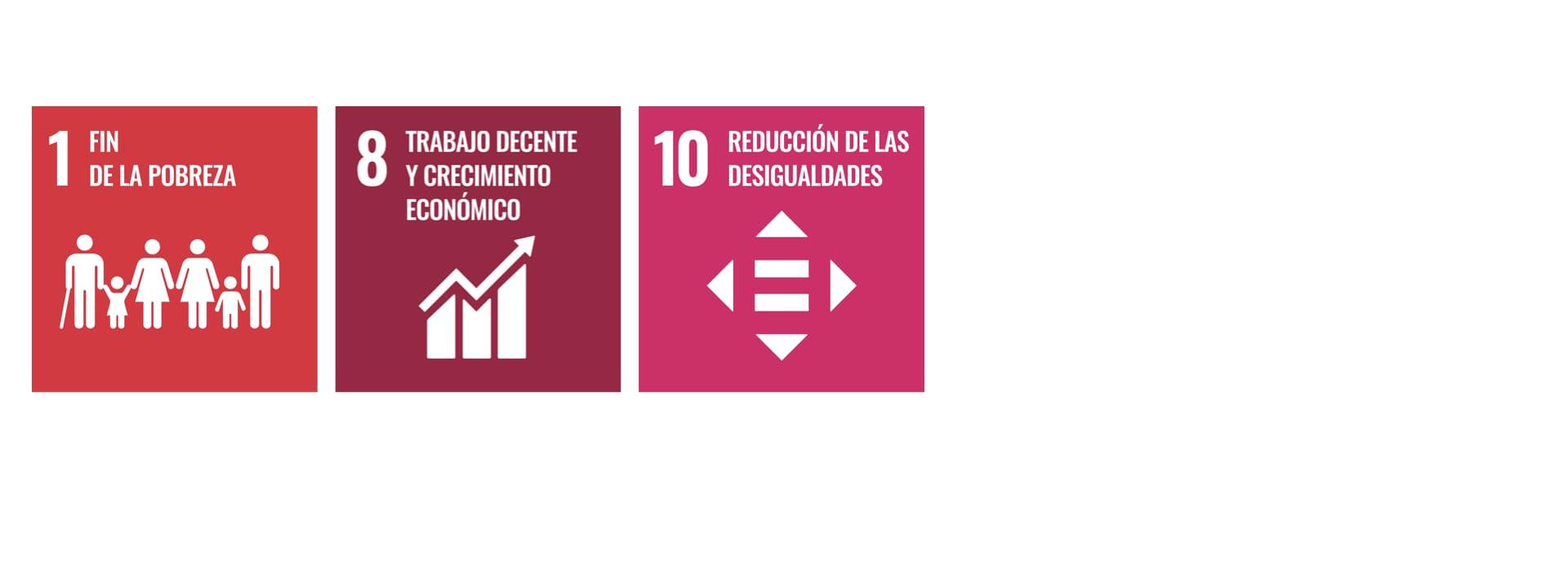The unstoppable rise in Euribor is already having an impact on personal finances
7 Septiembre - 2022
Oscar Elvira
Director of the Master in Finance and Banking
__
After two years of living with the effects of confinement which, at the end of 2021, slowed down the economy, all the expansionary monetary policy and government measures -aimed at economic recovery- led to excess liquidity which resulted in an increase in the price of the shopping basket. In other words, inflation appeared in a significant way.
Inflation is at levels that neither experts nor central banks had predicted. A situation that could worsen towards the end of the year
In this respect, it should be noted that inflation is at levels that neither experts nor central banks had foreseen. A phenomenon that continues to coexist with official interest rates practically at zero.
Naturally, monetary policymakers have indicated hikes and, more importantly, secondary markets have already anticipated more significant increases. In addition, it should be noted that withdrawls of monetary resources from the system are also being announced, which will lead to higher interest rates.
Inflation as a consequence
Covid-19 and the war in Ukraine have been blamed for high inflation. It is true that both situations have led to inflationary problems of all kinds, including shortages of certain products and disruptions in supply chains. It is also true that, especially in Europe, we are witnessing an energy crisis as a consequence of the war in Ukraine.
However, we cannot forget that the Western world, in order to facilitate the exit from the crisis that began in 2007, flooded the economy with money through central banks in a way never seen before. Many economists warned of the inflationary risk that this entailed, but surprisingly, this possibility never materialised in the form of higher consumer prices or even significant wage increases. Only assets (real estate, bonds and stocks in some sectors such as technology) rose strongly.
The Western world, in order to get out of the 2007 crisis, flooded the economy with money through central banks, despite warnings from many economists of the risk of inflation
Now consumer price inflation, the inflation that defines what it costs us to live, has appeared. It is this inflation that is putting pressure on Central Banks to raise interests rates and withdraw money from circulation. According to the latest data presented, inflation is around 9% in Europe and 10% in Spain. By the end of the year, the situation could worsen, as Russia's strategy of frequent gas supply shutdowns threatens prices and puts upward pressure on inflation.
Effects on citizens
Spain is a country in which many families own their own home and, in order to acquire it, have needed a mortgage loan. In this sense, certainly in the last three years, with negative interest rates, most of them decided to take out mortgages at a fixed interest rate, which could be between 0.9% and 2%, depending on their relationship with the bank. In other words, in order to have such an attractive interest rate, they have had to take out more products with the same bank (home insurance, life insurance, pension plans, direct debit of bills and salaries, credit cards, etc.), which means that the monthly mortgage payment will never vary until the end of the contract, as long as they do not repay the capital before maturity.
In Spain, many families took out a mortgage loan to own a home, but if they wanted to buy it today, they would find that the banks have made the cost more expensive
However, older mortgages, granted for 30 years at variable rate -for example, the EURIBOR 12 months + 1%-, will see the amount of this instalment increase significantly in the next review. For example, a mortgage with 20 years left to maturity and an outstanding capital of 100,000 euros -with an interest rate of 0.52%, since the last review in December 2021, the 12-month Euribor was negative (-0.48%)- is paying 438.90 euros per month, but if the review is carried out today, with an Euribor 12m at 1.80%, it would mean that the interest rate to be paid would be 2.80% and, therefore, the resulting instalment to be paid would be 544.64 euros. That is, 105.84 euros more. If the mortgage had an outstanding capital of 200,000 euros, the increase in the monthly payment would be double: 211.68 euros.
Given the risk of persistent inflationary pressures, the European Central Bank (ECB) has decided to continue raising official interest rates. During the meeting on 8 September, the ECB has raised them by 0.75%, bringing the official rate to 1,25%, although the interbank market (Euribor) is already anticipating further rises. If there is no change in the Euribor trend until the end of the year, the situation could become more complicated and the cost of the 4 million variable mortgages that Spanish families are currently paying would become more expensive.
Given the risk of persistent inflationary pressures, the ECB is expected to decide to raise policy rates by 0.50%, although Euribor already anticipates further increases
Finally, it is worth mentioning that if a family wanted to buy a house and get into debt today, they would see how the banks have made the cost more expensive, as they could opt for a fixed rate mortgage at 3% (subsidised with customer loyalty), or a variable mortgage at a 12-month Euribor rate, plus a differential of 0.60%.
But make no mistake, the real problem in the economy is debt, public and private over-indebtedness, not inflation. It is inflation that will determine the future evolution of interest rates.

